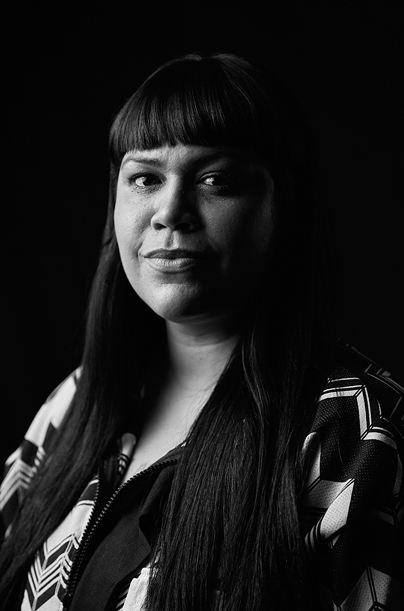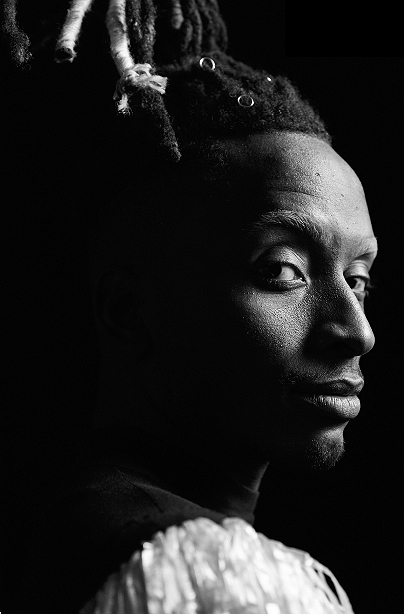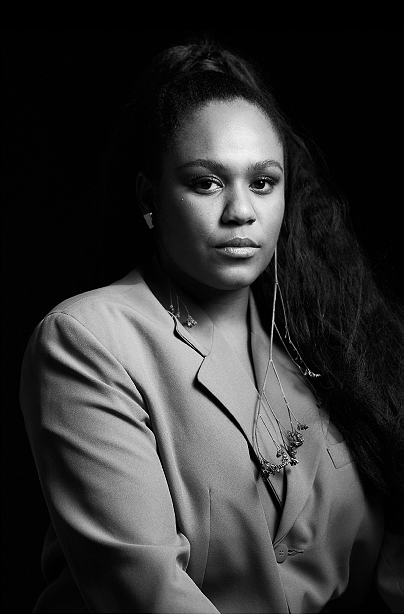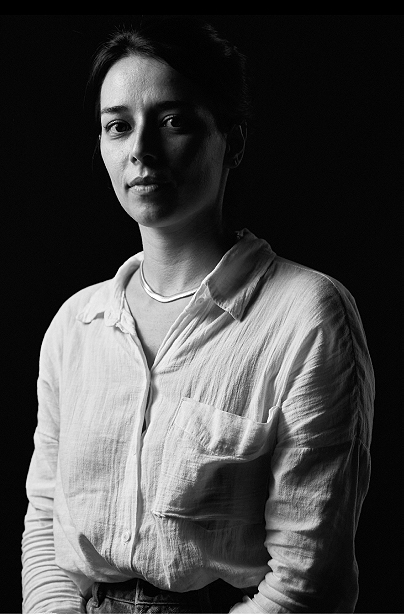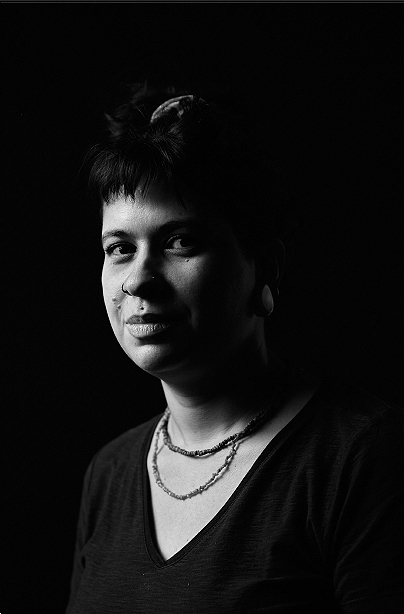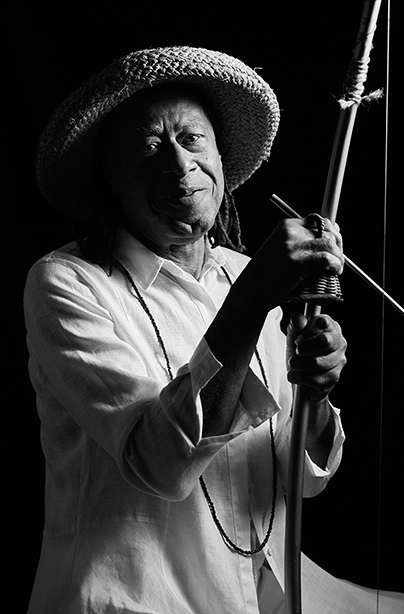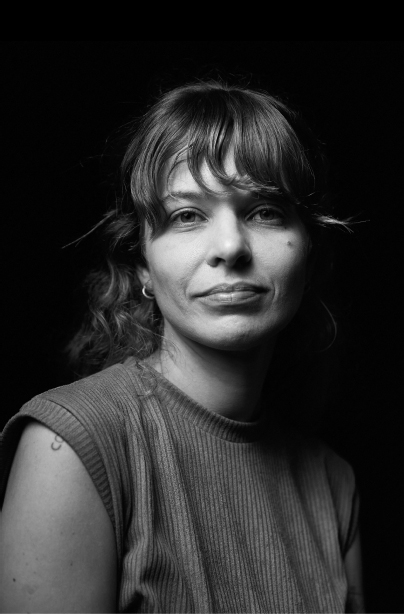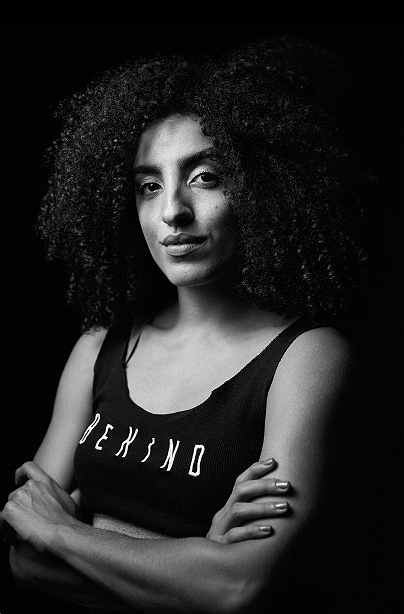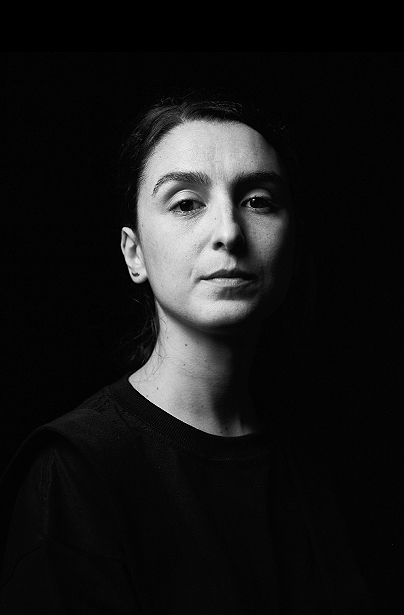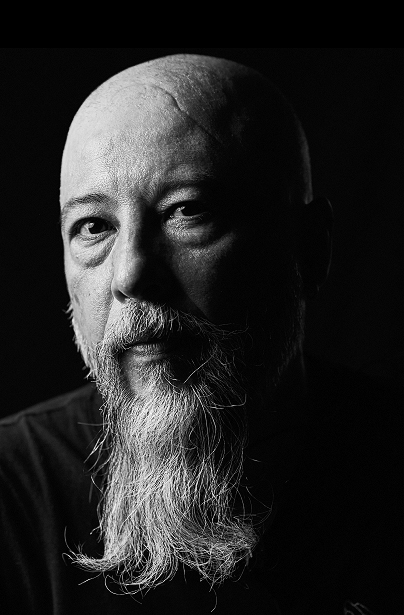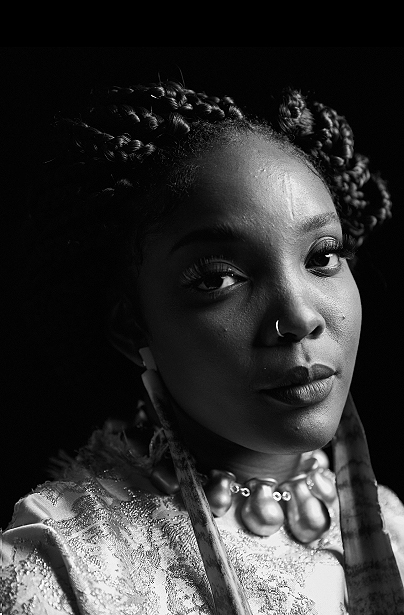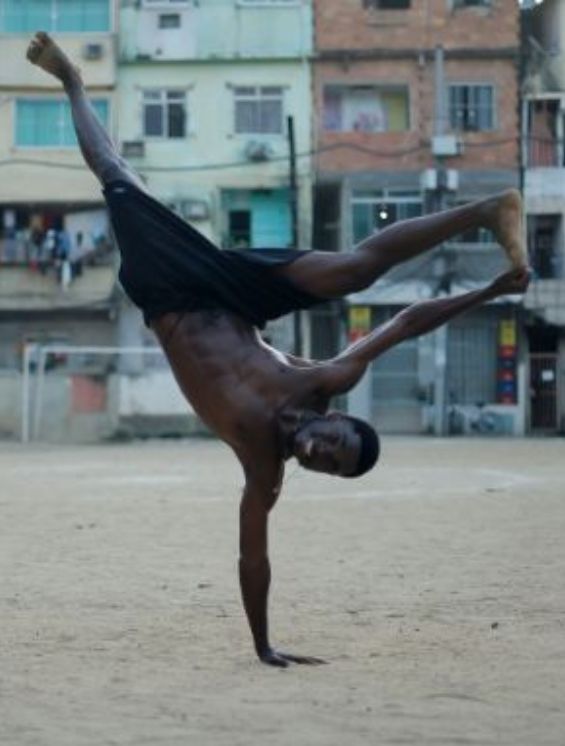People change things.













Close.
Prev
Next
People create the stories they will live by. These stories change people. People change these stories. To work with storytelling is, above all, to work with all the elements that bring it together: format, message and the narrative that sustains it; the channels and the receivers; the factual and the symbolic.
We're dealing with an atomic explosion of the internet, and we have a double challenge: in today’s digital environments people aren’t passive consumers, they’re co-creators, building new communities and sparking new dialogues around their passions. The reality we conceive cannot be more dichotomized: there is no real and/or virtual; there is our life definitively mediated by technology. Our digital interactions are based on the assets of our own personal brand - our avatars, our pictures, our audio and video messages encode ourselves. We are digitized.
We're dealing with an atomic explosion of the internet, and we have a double challenge: in today’s digital environments people aren’t passive consumers, they’re co-creators, building new communities and sparking new dialogues around their passions. The reality we conceive cannot be more dichotomized: there is no real and/or virtual; there is our life definitively mediated by technology. Our digital interactions are based on the assets of our own personal brand - our avatars, our pictures, our audio and video messages encode ourselves. We are digitized.
"They always say that time changes things, but you actually have to change them yourself." - Andy Warhol
It's a new reality, where our digital role play makes us navigate aesthetic trends freely, mixing and matching and creating variations along the way. Everything is hyperreal, with hints of fantastic realism, on the fringes of the otherworldly.




"I'm at a stage where the real is almost boring, because it's that thing that's been recycled and recycled. Now I want to see the opposite of that. I want see the hyperreal, the fantastic, the absolutely avant-garde and out of this world." - Charlie XCX
But at the same time, the opposite of this is also true. We crave connection, warmth and humanness. We need to be as well as we need the possibility of becoming, and it's not intermediated by media or technology. We need hope, excitement, surprise, compassion, trust.
This context was exacerbated by the pandemic, and it brought us the challenge of reconnecting with each other. There is a new value we place on relationships, especially with regard to building and maintaining them. Reconnecting with people, and their ideas.
It's not about the number of people in or inner or outer circles, but a landscape of selected people, connected. This becomes important when we think about brand communications: how companies and brands approach a group of like-minded people, a group in society, a friendscape. It requires consideration and intention. This is also important when we evaluate the network that crafts the messages.
We need to think about creative effectiveness for that audience, with technique and empathy for the nuances between different people. We see a lot of initiatives today trying to approach people by elevating differences or still reinforcing distorted notions of success, productivity and achievements, creating constant frustration. There's a disconnection between what people are, how they live, what they feel and the way they are portrayed. It's not always about the materiality and struggles of life, it's also about joy.
Pleasure is also a political act. To enjoy life wholeheartedly is part of the condition of being human.

"I'm getting older, I've got more on my shoulders / But I'm getting better at admitting when I'm wrong I'm happier than ever, at least that's my endeavor / To keep myself together and prioritize my pleasure" - Billie Eilish, Getting Older
"I'm getting older, I've got more on my shoulders / But I'm getting better at admitting when I'm wrong I'm happier than ever, at least that's my endeavor / To keep myself together and prioritize my pleasure" - Billie Eilish, Getting Older
The value of an idea comes to discussion. And - I love this one - having an idea is super simple. First you have to know what an idea is, then you have to have it. Ideas are not a glimpse of magic. It's based on relevance and structure. The current value of an idea lies in its capacity of being shaped into every possible cultural product. Not only a film or a video, but also podcasts, games and photos. This is not possible to achieve from a distance, and we need to get closer to people.
We believe that there is an effective way of communicating, and the production stage is radically relevant to the effectiveness of what we communicate. The final moment to shape ideas, structure. The decisive opportunity to understand our choices, how we are representing the cultural tensions that people live in our message, production, casting, and crew. How the idea can be reshaped to different platforms and products. How every word of the text in a script will make sense and take the story forward. Like good music - beat after beat - the story needs to be built naturally into people.
This is what we've been studying, this is what we've been doing. This is what we believe. This is what we've been living.
This is what we've been studying, this is what we've been doing. This is what we believe. This is what we've been living.





